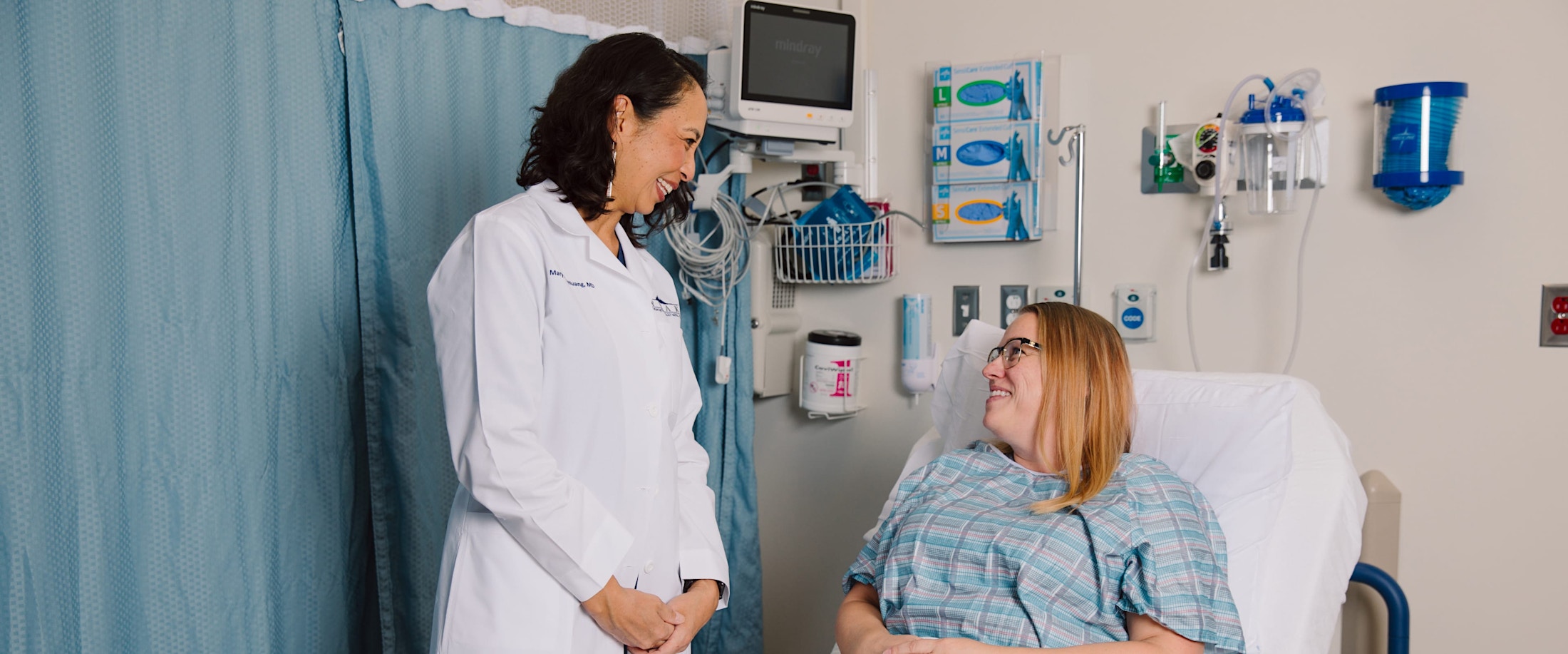Experience compassionate and expert care for rectal pain and bleeding at Peak Gastroenterology Associates, where we prioritize comfort and privacy when treating sensitive health issues.
What Causes Rectal Pain and Bleeding?
Rectal pain and bleeding can be symptoms of several conditions, ranging from minor to severe. Common causes include:
- Hemorrhoids: Swollen blood vessels in the rectal area that can cause pain and bleeding during bowel movements.
- Anal Fissures: These are small tears in the skin around the anus, which can be extremely painful, especially during and after bowel movements.
- Inflammatory Bowel Disease (IBD): Conditions like Crohn’s disease and ulcerative colitis that cause inflammation of the gastrointestinal tract and can lead to bleeding.
- Infections: These may be sexually transmitted infections (STIs) or other infections causing rectal pain and bleeding.
- Proctitis: Inflammation of the rectum’s lining, often caused by IBD, infections, or radiation therapy.
- Rectal Ulcers: These painful open sores develop inside the rectum.
- Gastrointestinal Cancers: Colorectal cancer may present initially as rectal bleeding.
- Colon Polyps: These growths are often benign but can develop into cancer. Regular screening is recommended.
- Diverticular Disease: Occurs when small pouches (diverticula) form in the colon, causing symptoms like pain, bloating, and changes in bowel habits.









